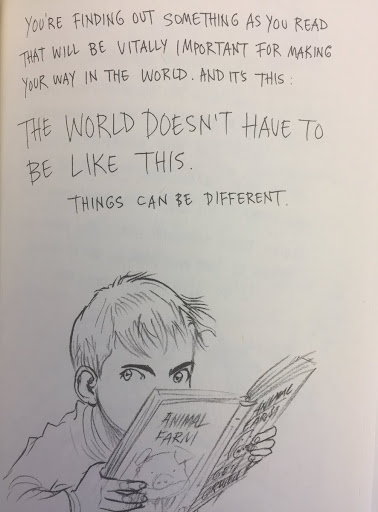The hand-wringing is so prevalent I can practically hear the anxious breathing, the knuckles cracking, the flurry of keystrokes to fine-tune that dusty CV. Journalists are worried about AI encroaching on their livelihood, especially in the light of 2022 headlines about CNET employing AI systems to pen articles.
Watch out, writers, AI is coming for you! these alarmists cry from the rooftops.
Generative AI systems are poised to push me out of my journalist roost and take over editorial control to cut costs for weary publishers seeking any way to recoup long lost revenue. But I contend AI tech isn’t the saviour some media players see it to be.
First, let’s be honest about something: Journalists don’t always see AI as a threat but as a complementary tool to leverage.
An Associated Press survey published in April 2024 asked journalists about the use of generative artificial intelligence in their work. Nearly 70% of those who replied said they had used this technology to generate text, whether it was composing article drafts, crafting headlines or writing social media posts.
Not all of us are holding up crucifix-fingers to ward off this demonic innovation. No, some of us see value in how generative AI can invigorate parts of our work, such as transcription, that we truly despite doing, and often outsource to third-party businesses anyway.
So now to the main contentious issue: Should I be worried editors will choose AI systems over my own writing?
Based on what I do for editors, no, I’m not losing sleep. Perhaps other writers who tackle general news reports or sports recap pieces or economic updates, they might wonder if their careers are going to plummet in the next few years.
What I do for editors is something current systems can’t replicate with style and personality: compelling profiles of business leaders and artists and social activists that often are peppered with humour and unique ledes and endings.
I also love writing in-depth feature reports that oscilate between time periods and engaging characters, dripping with panache and colour and details that a tech system solely off-site can’t imitate. They don’t know have intimate knowledge of interviewees met in person, from speech patterns to body language to what deodorant they’re wearing. Editors, and readers, crave those details to immerse inside a feature story. AI systems aren’t at that level yet.
What I also do is write brand copy relevant to the tone and voice of the business. Yes, AI tech is stronger in this area than what I just noted above, but the words I’ve read by generative AI is so stilted and bland, with barely any style or charm. Brands might want the easiest and cheapest way to launch content marketing campaigns, but if they are solely drive by AI-written content, expect eyes to glaze over as if they’re watching C-SPAN at 4 a.m.
Finally, I coach writers through my Become a Better Writer 1-on-1 programs, which AI chatbots can’t accompish efficiently. Because I tailor these workshops and exercises with a writer’s specific needs, I’m catering to their interests, not just applying a template to their projects. AI is light-speed excellent at finding random tips on writing from its source material, but can it guide a 55-year-old freelance journalist in Calgary to find story ideas specific to their communities?
AI and LLMs aren’t going anywhere, so journalists and editors have to learn to live with them. But they also shouldn’t viscerally feel dejected at their rise across the industry, as the more creative of us will recognize how our value supersedes whatever Sam Altman throws our way.





